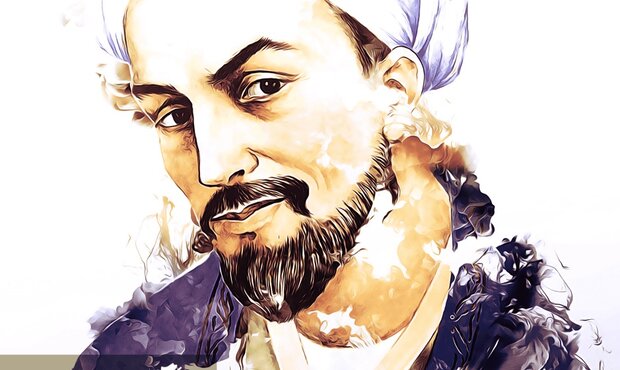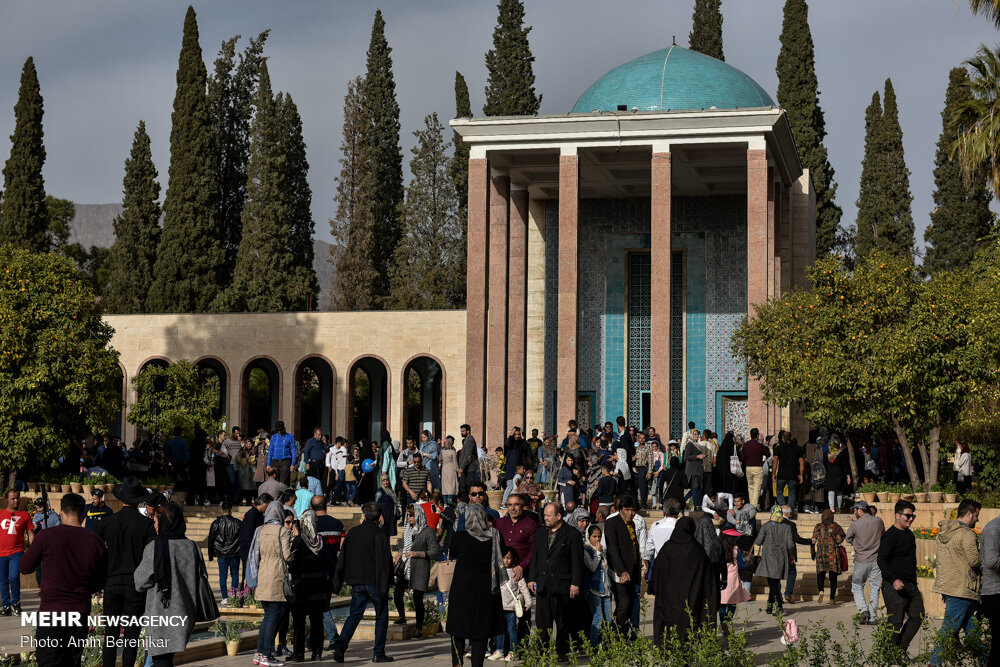Iran Marks National Day of Saadi Shirazi
Saadi is known as a mystic and metaphysician in the history of Persian literature. He is recognized for the quality of his writings and for the depth of his social and moral thoughts.

April 21st marks the National Commemoration Day of the renowned Persian poet Saadi Shirazi, born in Shiraz around 1200 and died around 1292.
Abu-Muhammad Muslih al-Din bin Abdallah Shirazi, known by his pen-name Saadi, was one of the major Persian poets of the medieval period.
Saadi is known as a mystic and metaphysician in the history of Persian literature. He is recognized for the quality of his writings and for the depth of his social and moral thoughts.
The ancient scholar has gained worldwide fame, not only in the Persian-speaking countries but in western societies, with his poems being quoted in a multitude of sources.
Life
Saadi, who lost his father in childhood, experienced a youth of poverty and hardship; he left his hometown of Shiraz at a young age for Baghdad to pursue a better education. His first experience of education was at the Nezamiyeh University of Baghdad, where he studied Islamic sciences, theology, law, history, and Arabic literature. He traveled to different countries such as Anatolia, Syria, Egypt, and Iraq for thirty years. He also visited Qods, Mecca, and Medina.

The Master of Speech, as he is called, was a man of learning and traveling. He mingled with people from different groups from intellectuals, merchants, preachers, farmers, ordinary people to Sufi dervishes and even the thieves, trying to learn and study and also preach and advise people to gravitate to the wisdom and morality.
Saadi’s best-known masterpieces are Bustan (The Orchard) completed in 1257 and Gulistan (The Flower Garden) in 1258.
Bustan, as his best-known work, was completed in 1257. It is quite in verse, including 4,000 verses in 183 stories about the virtues such as justice, kindness, love, modesty, liberality, generosity, satisfaction and happiness, and the ecstatic practices of dervishes addressing all people to have a better and happier life.
In one of Saadi’s most well-known immortal poetries, he considers all humans as different parts of a whole body, regardless of social barriers and races:
“Human beings are members of a whole
In creation of one essence and soul
If one member is afflicted with pain
Other members uneasy will remain
If you have no sympathy for human pain
The name of human you cannot retain”


Write your comment.